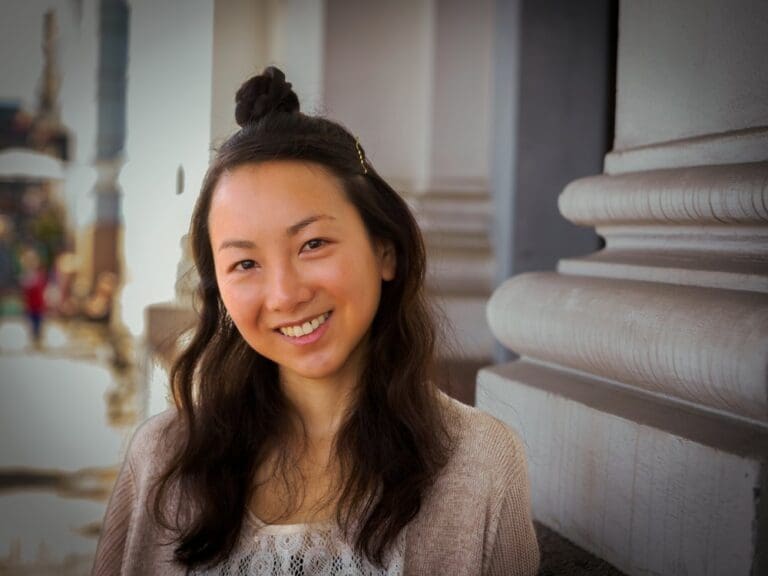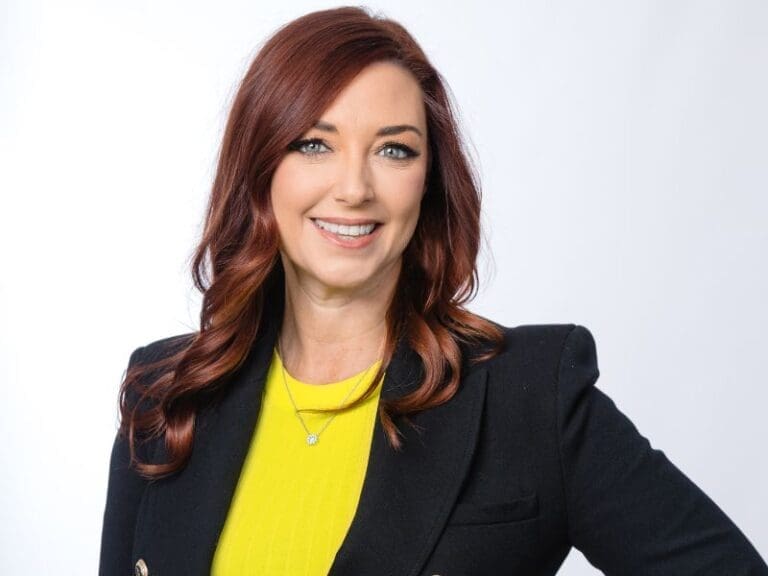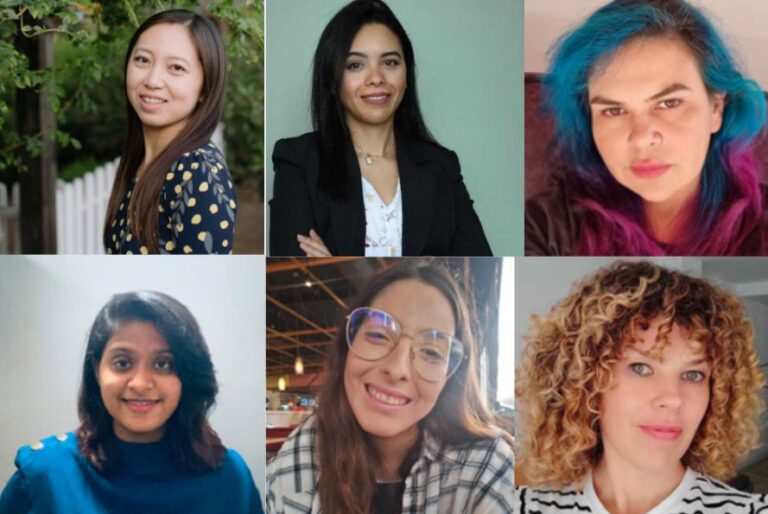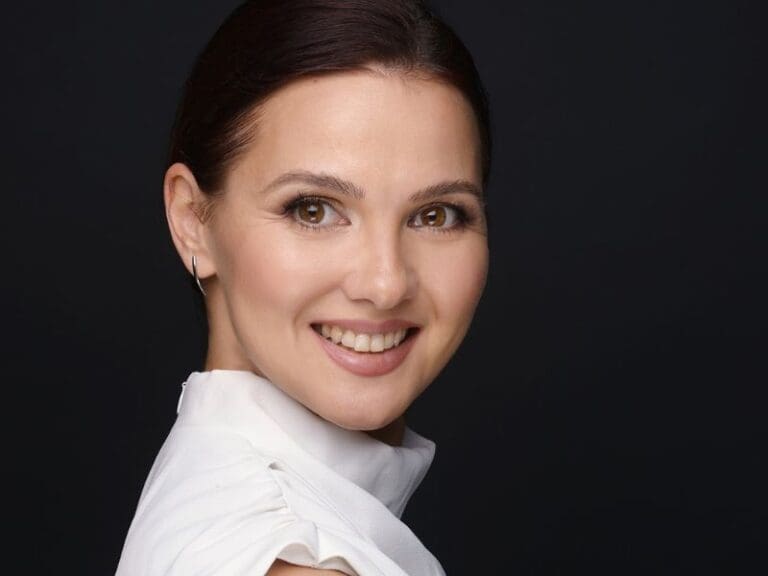Debbie is the CEO of Act Now Coalition – a non-profit startup building open-source data products addressing today’s urgent problems including COVID and climate change. Previously, she worked on Google’s global policy and business teams. She’s been itinerant since 2017 and enjoys fiction, hot tea, cold forests, and self-deprecating humour.
WHAT LED YOU TO A CAREER IN TECH?
Two things. First was the opportunity for impact in 2011, when I first joined tech, and the industry was still relatively early-stage and fast-growing. Second was the culture, pioneered by Google, which later spread to the rest of the sector. It was completely unlike that of finance and consulting, the two other industries popular with my peers, and also unlike that of entertainment, fashion, journalism, law, as far as I knew.
This was a culture where employees were granted an unprecedented level of freedom and autonomy. Just some examples were the dress code, or lack thereof (I haven’t worn a pantsuit or heels in years!); the famed 20% side-project time that led to the creation of products such as Gmail and Google VR; and the prevalence of remote work nearly a decade before COVID.
DID YOU HAVE A ROLE MODEL IN TECH OR BUSINESS IN GENERAL?
I’ve always been inspired by my friend and collaborator Jennifer 8. Lee. Among many things, she is the co-founder of a literary studio that focuses on innovation and publishing, an author and documentary movie producer, a former New York Times journalist, and the vice-chair of the Unicode Emoji Subcommittee. To me, she is a role-model for a career that defies definition and convention, and for balancing aspirations for global impact with groundedness and generosity towards those immediately around us.
In addition, Max Henderson is the founder and board member of the non-profit I now run, and Shuhan He is an emergency physician at Massachusetts General Hospital who works at the intersection of technology transfer and medicine. Both inspire me to think innovatively and compassionately about leadership and systemic change.
At a broader level, I am inspired by the tech and business environment that I experienced in Helsinki, as part of the 90 Day Finn program. My experience really inspired me to rethink not only how I approach my own career, but also how tech and business ecosystems operate.
WHAT ARE YOU MOST PROUD OF IN YOUR CAREER, SO FAR?
I’m proud of leading Act Now Coalition, the tech non-profit where I’m currently CEO. We started as a multidisciplinary volunteer-driven effort to address COVID data needs in the early months of the pandemic. We are now a 501c3 of full-time staff that has used our expertise in product, data science, engineering, design, research, growth and operations to tackle public health, climate change, and voter turnout.
HAS ANYONE EVER TRIED TO STOP YOU FROM LEARNING AND DEVELOPING IN YOUR PROFESSIONAL LIFE, OR HAVE YOU FOUND THE TECH SECTOR SUPPORTIVE?
No one has tried to stop me from learning and developing. However, I think there are deeply ingrained social, political, and cultural systems that encourage the tech sector to fixate on profit and growth, oftentimes to the detriment of human wellbeing and long-term social good.
As the CEO of a mission-driven non-profit, it can be difficult to operate in such an environment, and my team and I are actively learning about how to achieve both meaningful social impact and sustainability. I think to achieve this requires not only a supportive tech sector, but public policies and a societal culture that value not just individual power and wealth, but, for instance, the broader community and sustainability.
WHICH COUNTRY OR CITY HAVE YOU FOUND FOSTERS A SUPPORTIVE ENVIRONMENT FOR TECHNOLOGY ECOSYSTEMS?
Silicon Valley is undeniably a powerhouse for software development. However, I admit that my favorite city to work is Helsinki. It is a place of progress and innovation, as exemplified by the fact that it is one of the most sustainable cities in the world, with some of the most cutting-edge achievements in environmental sustainability. But it is also consistently ranked the happiest place in the world, and I certainly felt this. This has enabled me to be a more effective leader and thinker, and less prone to the anxiety and burnout I’m personally seeing more and more of in Silicon Valley.
HOW DO YOU TAKE TIME OUT FROM WORK? WHAT DO YOU LIKE TO DO TO WIND DOWN?
I learned a lot while in Helsinki about taking time off from work. Everyone genuinely logs off when the workday ends, and when you’re surrounded by people who respect their free time in such a way, it’s hard not to do the same.
It was in Helsinki that I started carving out more time for regular self-reflection, whether through journaling or chatting with my therapist. The city also has some beautiful paths for long walks, and I would often take “walk-on-one’s” with friends along the waterfront in Katajanokka, where I was living. I also loved the museums in Helsinki; there are so many, and they tend to be very small and accessible. I started taking breaks from work by going to museums instead of coffee shops.
For longer periods of time away from work, I appreciate going to the Sundance Film Festival and Edinburgh Fringe Festival with my Goodside friends.
WHAT ADVICE WOULD YOU GIVE OTHER WOMEN WANTING TO REACH THEIR CAREER GOALS IN THE TECHNOLOGY SPACE?
I think it’s important to choose the right goal before you reach for it, which requires really knowing yourself and what you want. Otherwise, there have been multiple times in my career when I’ve found myself swimming at 100 kilometers per hour – but in the wrong direction. It would have been helpful for me to slow down, even to stop, and reflect on not just what I want, but *why I want it.
For me, it’s been particularly helpful to spend time outside of my home country. Living abroad has been integral to my growth, by challenging beliefs I take for granted, giving me new ideas, and helping me know myself better. Many of the transformative things I learned from Finland can’t be communicated through words, and really must be personally experienced.
I would also emphasize the value of not just experiencing new places as a tourist, but seeking a deeper and reciprocal relationship with the place you are staying. The 90 Day Finn Program was very helpful in this regard, as it helped me integrate both personally and professionally into the Finnish community, so much so that I’m currently applying for residency.








